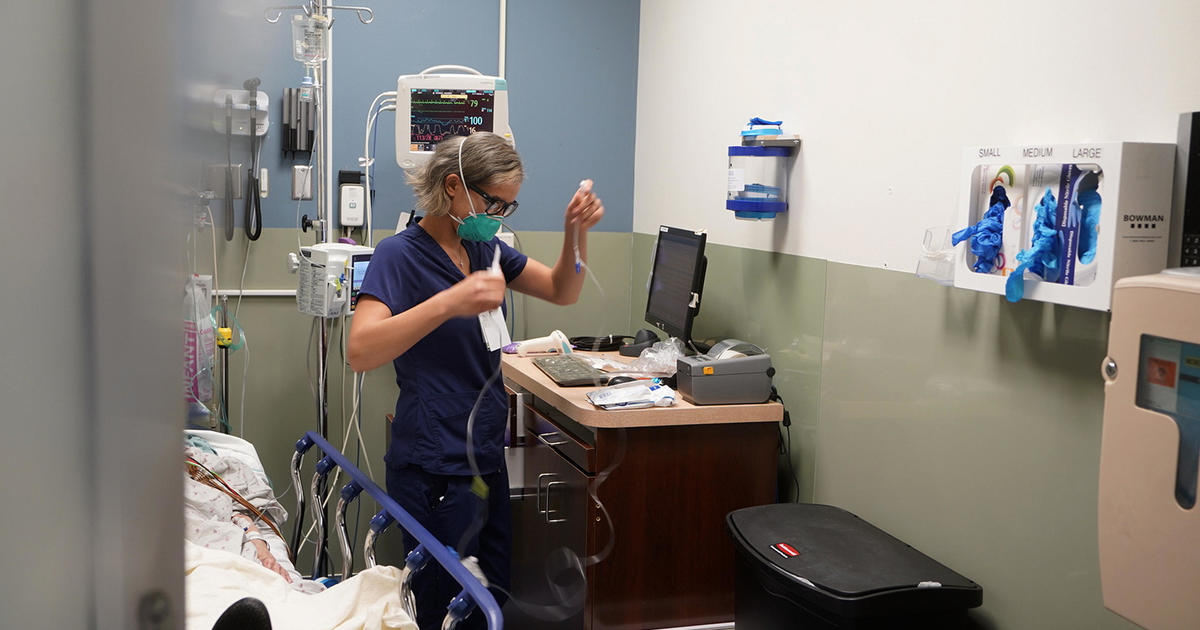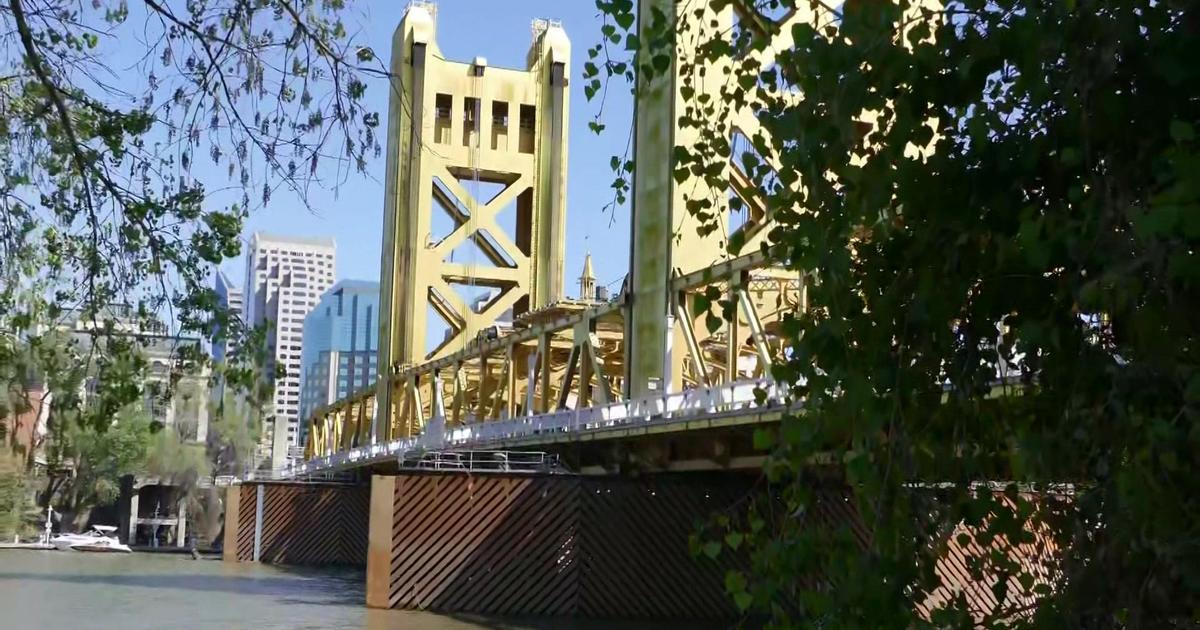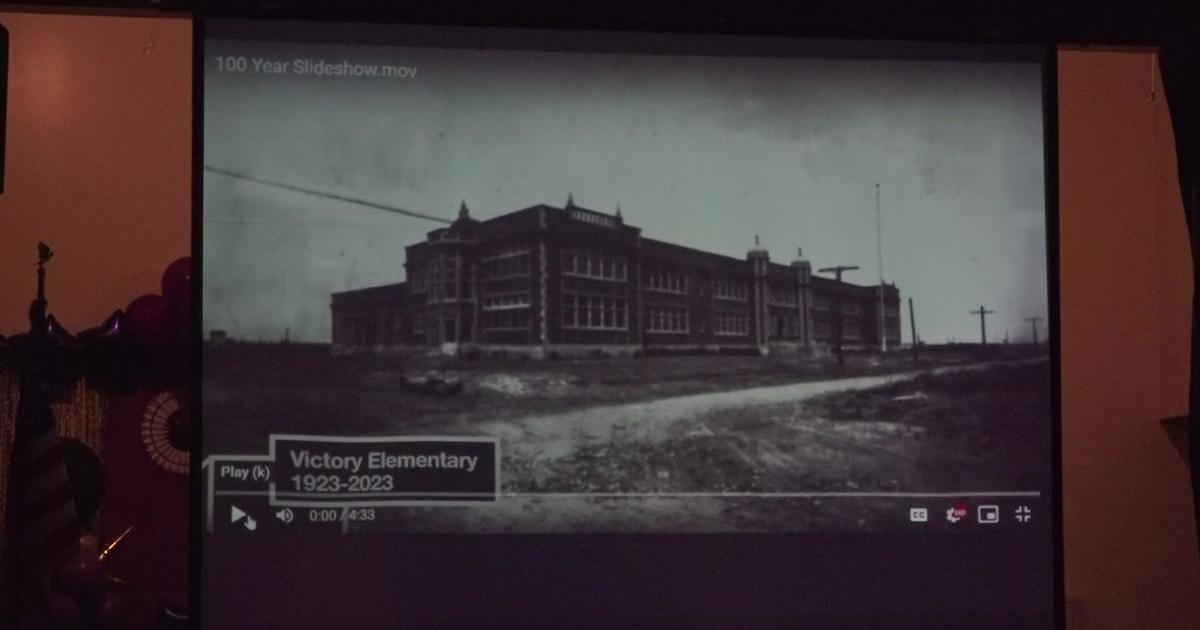Sacramento State Project Aims To Digitally Preserve Japanese Internment Camp Memories
SACRAMENTO (CBS13) — A Sacramento State project will forever preserve thousands of documents relating to the internment of Japanese-Americans during World War II.
Marielle Tsukamoto was 5 years old when her family was sent from her Sacramento home to an internment camp in Arkansas.
"Here we were, American citizens, we had done nothing wrong, living in a country that preserved our Constitutional rights, but we were forced to leave," she said.
RELATED: Sacramento State Japanese-American Archival Collection
She's one of 120,000 Japanese-Americans who were shipped away shortly after Japan attacked Pearl Harbor in December of 1941, launching the United States into World War II.
"A government study done under the [President Jimmy] Carter administration proved, came to the conclusion, that it was based on race prejudice, failure of political leadership and mass war hysteria," she said.
Tsukamoto's mother was committed to educating others about the blemish in American history. She donated documents, artifacts and pictures to begin Sacramento State's Japanese-American archival collection in 1994.
Things that may have seemed inconsequential in 1944, like the menu for internees, now fill the holes in history.
A Christmas card written by Mary Tsukamoto to the Roosevelts despite being locked away at camp garnered a response from Eleanor Roosevelt.
Through the years, the collection has grown to include thousands of pictures, documents and artifacts from a number of families.
"They all parted with incredibly personal material because they realized the research value. this will be here, theoretically in perpetuity," said library archivist Julie Thomas.
The pictures and artifacts have already been digitized. A $40,000 National Park Service Grant has helped Sacramento state digitize thousands of documents. Other CSU campus libraries are doing the same, then all the documents will be available on a clearinghouse webpage.
"It's important as well because it's comprised of completely of primary source material. that means it has not been filtered through scholars or researchers' interpretation," Thomas said.
The project is expected to take about two years to finish.



